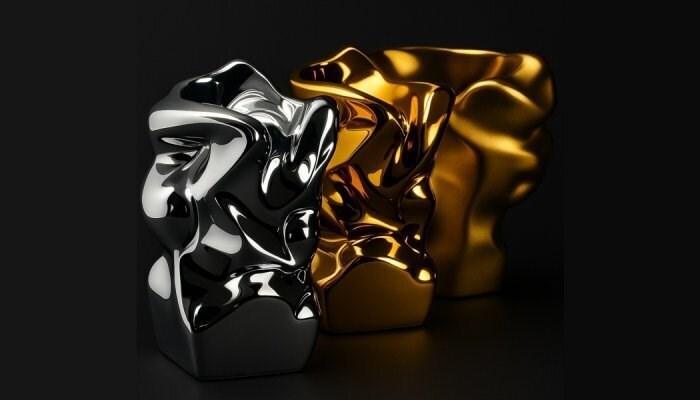

For years, zamak and glass have been the workhorses of luxury packaging, prized for their shine and heft but dogged by questions of weight and sustainability. TNT Group, a French player with a growing reputation in high-end metal components, believes it has found a way to break that deadlock.

Its new patent-pending process, anodised injected aluminium, takes the design freedom usually associated with die-cast alloys and marries it with the circular credentials of aluminium. The result, TNT says, is a part that looks and feels like zamak but is lighter, easier to shape, and fully recyclable in standard waste streams. For beauty brands under pressure to prove their green commitments, that combination could be a game-changer.
The company has already built a track record with cold-compressed aluminium pieces for houses like Chanel and L’Artisan Parfumeur. That gave it a foothold in a market where design briefs demand precision and tactility. But compressed aluminium has limits in terms of form and finish. By moving into injected parts, TNT claims it can give luxury packaging designers more creative headroom without forcing a compromise on recyclability.
Importantly, the company has started running life-cycle assessments to put numbers to its pitch. Early studies suggest a lower environmental footprint than zamak, though TNT is careful to position the findings as comparative rather than absolute.
The first projects using the technology are already in development and undergoing industrial testing. TNT plans to unveil them at Luxe Pack Monaco, the industry’s annual showcase of innovation. If the reception is positive, the anodised aluminium concept could mark a shift away from the old reliance on heavy alloys, pointing luxury packaging toward a future where sustainability is not an afterthought but a design brief in its own right.
Responses








